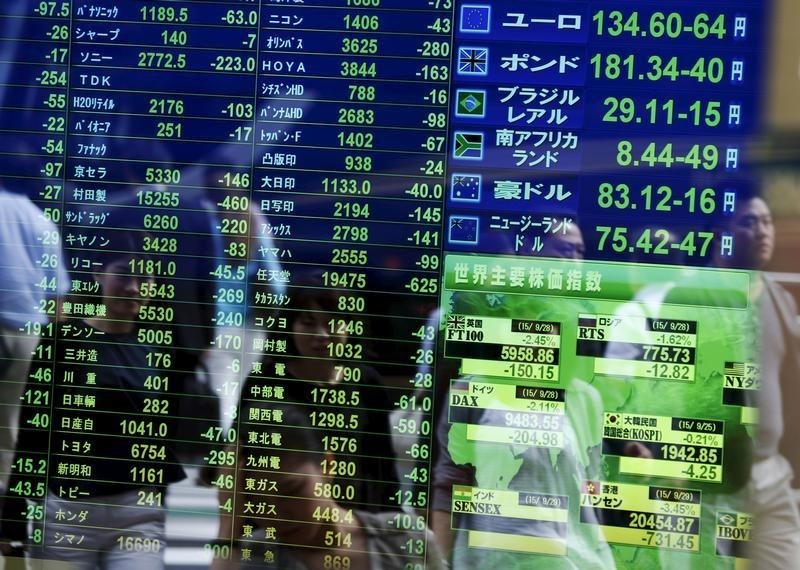By Kane Wu and Anshuman Daga
HONG KONG/SINGAPORE (Reuters) - Baring Private Equity Asia and CITIC Capital have sold the China business of Wall Street English (WSE) at a deep discount in just over two years since acquiring it as the COVID-19 pandemic crippled the global language tutoring group, sources told Reuters.
Baring confirmed the sale of WSE China, which at the time of the purchase showcased strong sales and operating profit growth in the world's second-largest economy, to its original founder but gave no details.
Separately, U.S. buyout firm Bain Capital-owned Trans Maldivian Airways is struggling to repay a $305-million acquisition loan, as the virus outbreak halts tourism, other sources said.
Bain bought the world's largest sea plane operator, currently grappling with grounded planes and almost zero revenue, for over $500 million in 2017, with two partners. Bain has been given an August-end deadline by lenders to settle the loan, they said.
Bain declined to comment. CITIC Capital referred the query to Baring. WSE and TMA did not immediately respond to a query for comment.
The sources declined to be named as they were not authorised to speak to the media.
Buyout firms across Asia are scrambling to pare their exposure to COVID-hit companies, putting the brakes on new fundraising which dropped to an eight-year low in the first half.
The pandemic poses the most severe challenges faced by PE firms in the region since the global financial crisis as company valuations take a beating. This has impeded their exit prospects while pushing up capital costs, potentially spelling weaker returns if not outright losses.
Luke Pais, head of ASEAN private equity at EY, said PE firms were very much focused on portfolio liquidity – 'the burning' problem in the initial months of the pandemic.
"The approach has been to try and take out unnecessary costs as much as possible, draw down all credit lines and optimise cash conservation until things pick up," he said, pointing to PE exits likely to be pushed back by 12-18 months or longer.
Asia-focussed PE fundraising slumped 44% year-on-year to $13 billion in the first quarter of 2020 to the lowest since the third quarter of 2013. Funding rose to $18 billion in the second quarter but was down 40% from a year earlier, Preqin data shows.
SOME OPTIMISTIC SIGNS
In order to avoid selling assets during a coronavirus-induced economic downturn, PE firms in the U.S. have also sought to recapitalize their portfolio companies mostly by drawing down bank revolving credit facilities and cutting costs.
The education, travel and retail sectors are among the worst hit but investment in others in Asia is picking up.
In retail, Chinese buyout firm Hony Capital has decided to cease control of UK's PizzaExpress, which it bought for 900 million pounds ($1.2 billion) in 2014, to creditors in a debt-for-equity swap, sources said.
Hony, which may keep the Chinese business of Pizza Express, declined comment. PizzaExpress also declined to comment.
With a record $388 billion war chest, some PE firms are, however, seeking investments in the technology, internet and healthcare sectors, as demand for those services grows.
"That's the whole thesis of what could be benefiting or what could be actually coming out of this in a positive trend," said Kiki Yang, co-head of Asia Pacific PE practice at consulting firm Bain & Co.
